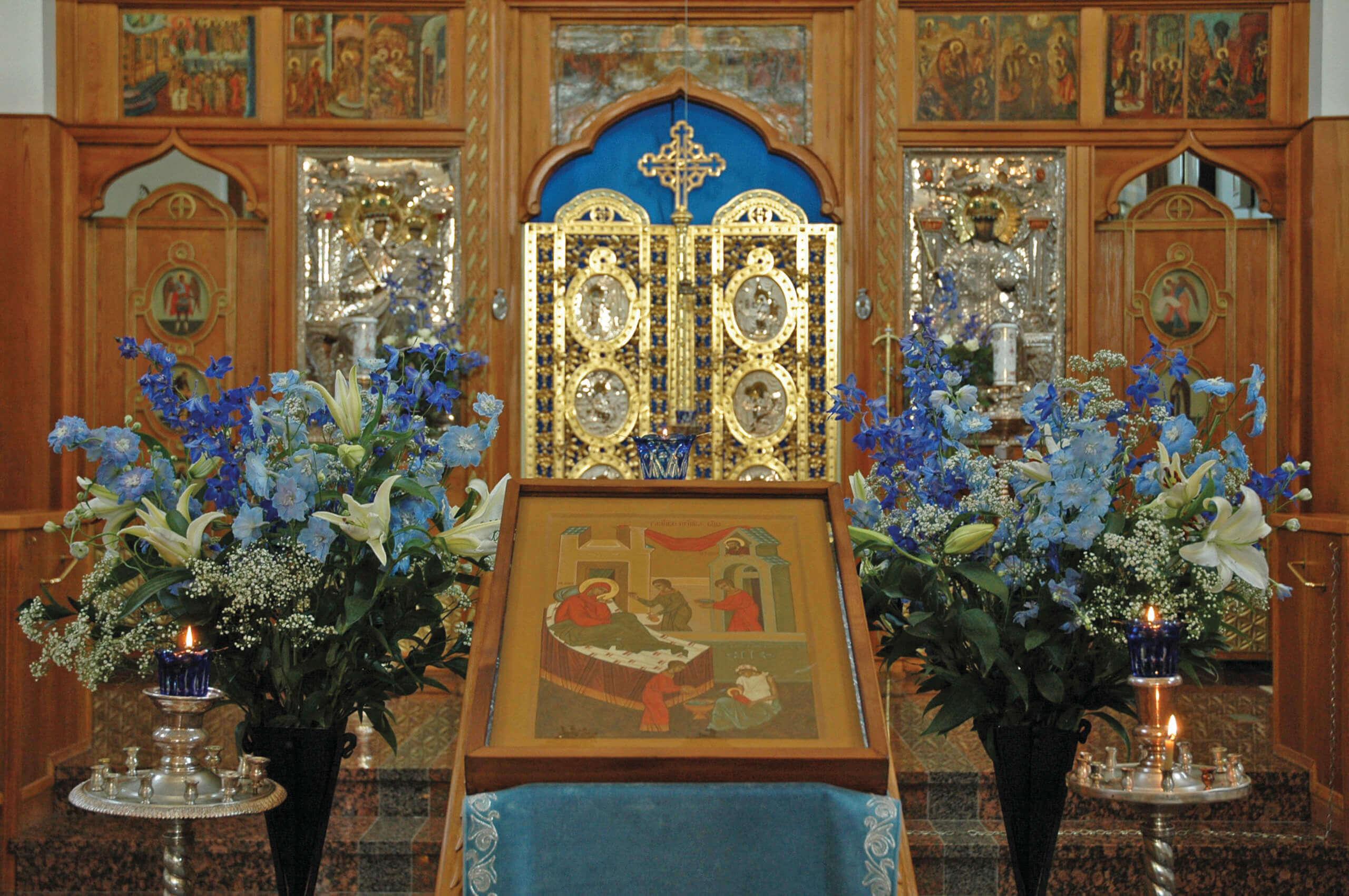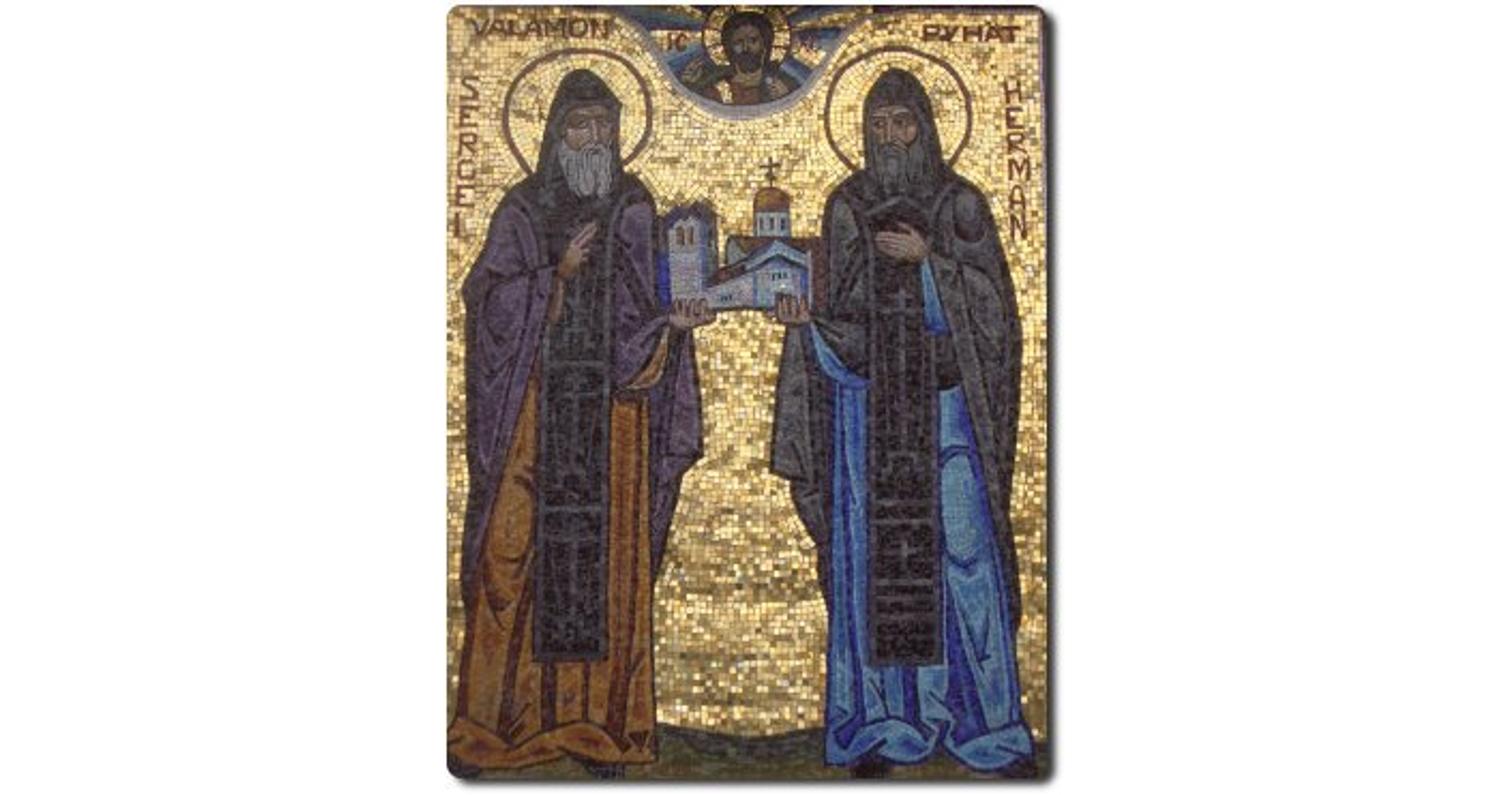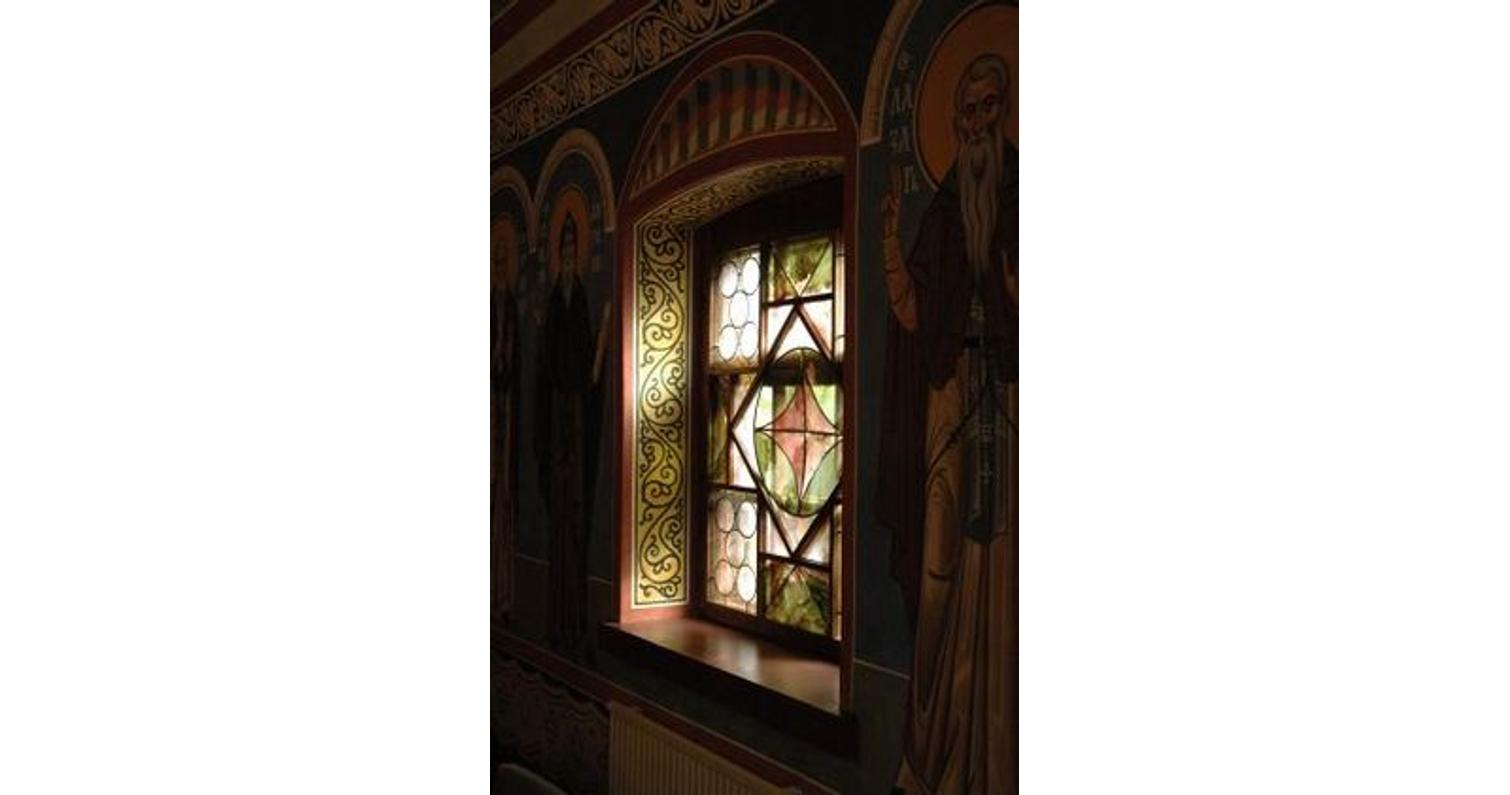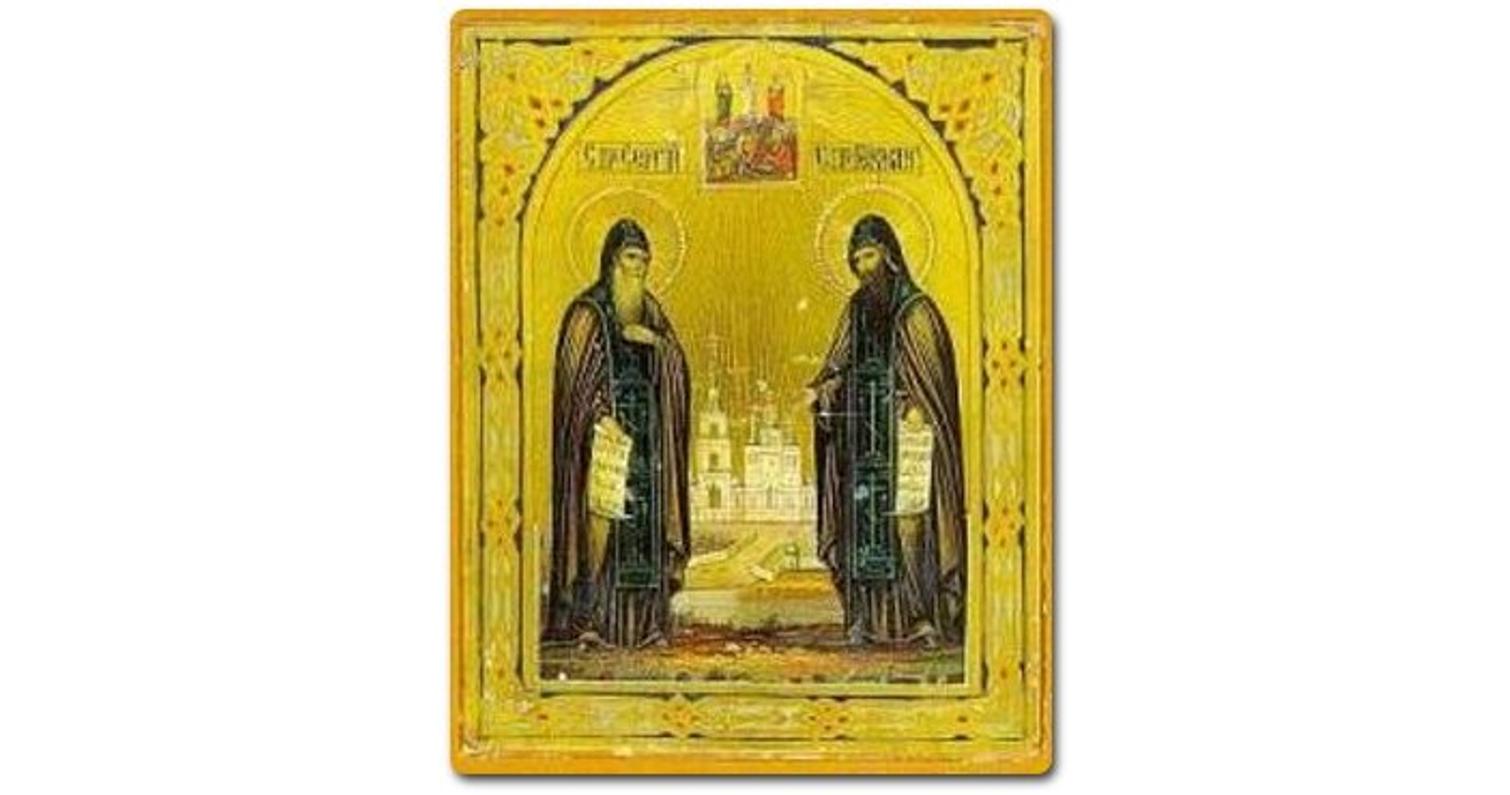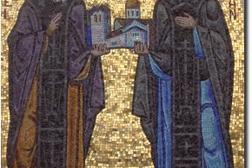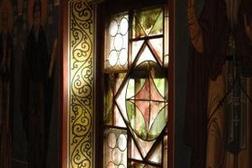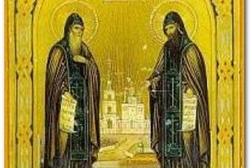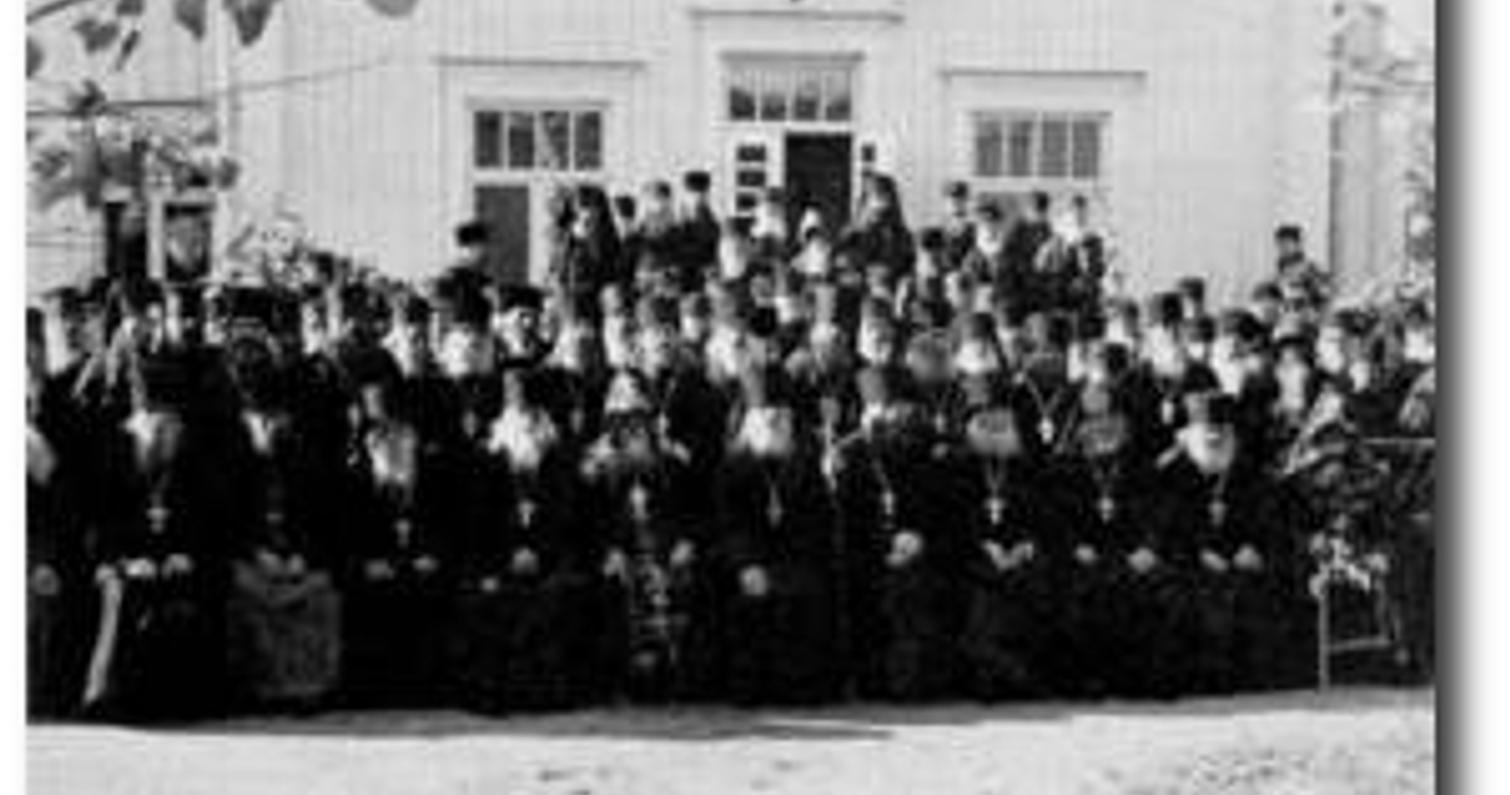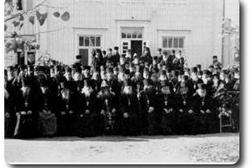Entering a monastery
Orthodox male adults who do not have any binding commitments in the world - for example minor children to take care of - may ask to become members of the brotherhood of Valamo monastery. It is also necessary to have normal physical, and especially mental, health because every new member of the brotherhood is expected to contribute with their work and also to adapt to the requirements of a tight-knit, regulated and regular community life.
There are many reasons why one might want to enter a monastery and the reasons are personal. The most important prerequisite for choosing monastic life is an earnest call to monastic lfe - a desire to live Christian life in a community striving to follow the will of God.
Persons who are interested in monastic life may write to the hegoumen (abbot) of the monastery, archimandrite Michael. Anyone who wants to enter a monastery need to remember that in addition to monastic life, members of the Orthodox church also have another way to live according to Christian ideals: marriage, which is equally demanding and valuable as monastic life.
After entering the monastery, the usual practice is to live as a novice for at least one year. If the novice adapts to the monastic way of life, he is blessed to wear the monastic habit, the cassock, belt and headgear, skufia. Some time after this, the novice will be able to apply for the official membership in the bortherhood.
The entire brotherhood votes about the membership in the brotherhood. After being accepted as an official member of the brotherhood, the novice will have the right to vote at the meetings of the brotherhood.
When it has become evident that the novice has an ardent desire to commit to the monastic life for the rest of his life, he may be tonsured to rassophore monk, when he is vested in outer cassock and a headgear with veil, called klobuk. In due time after this, when the abbot of the monastery deems right, the candidate can be tonsured a monk. When the monk gives the final vows, he commits to live the rest of his life in celibacy, obedience and without personal ownership. When tonsured a monk, he receives a new name, and he is given a prayer rope and a mantle, a long piece of clothing worn at the divine services.
